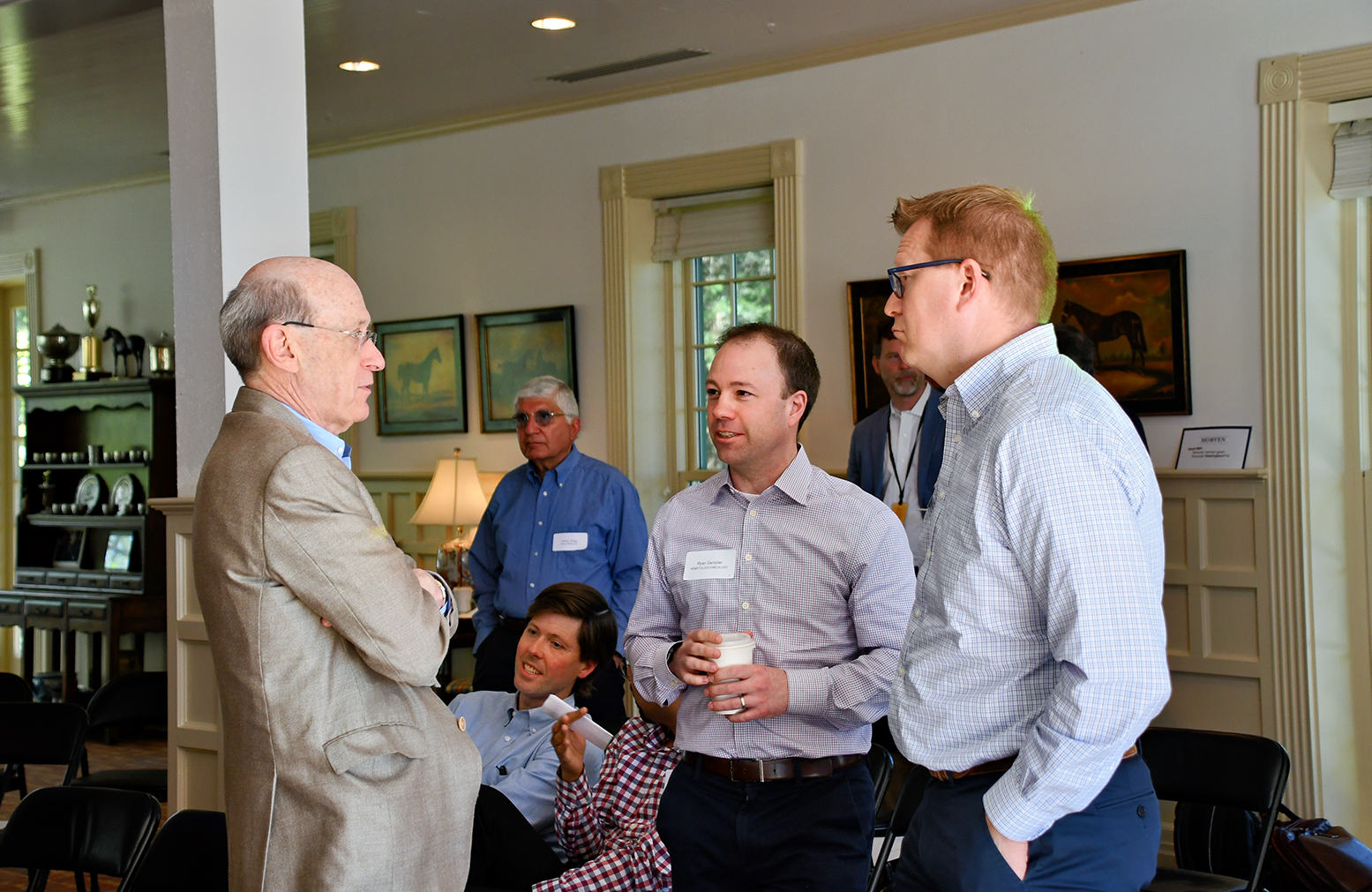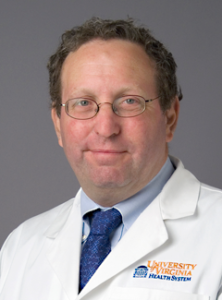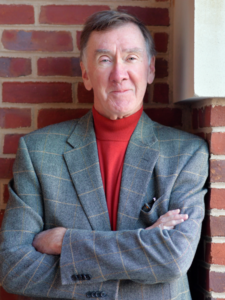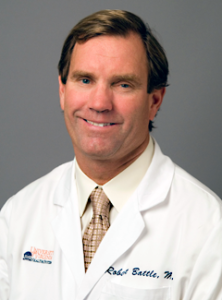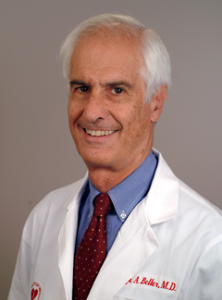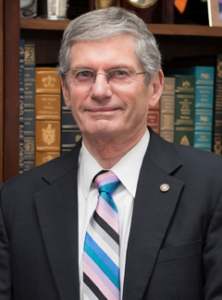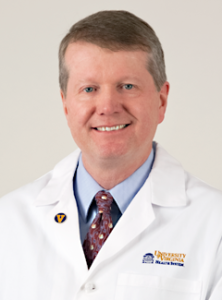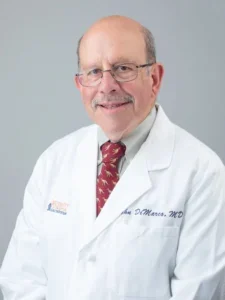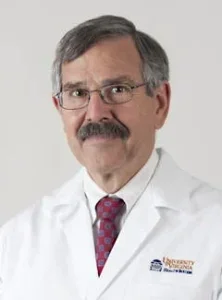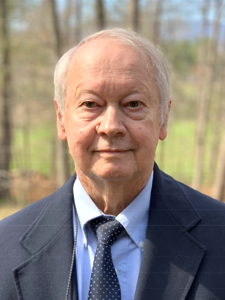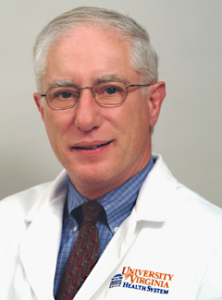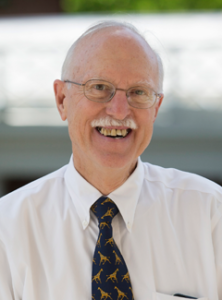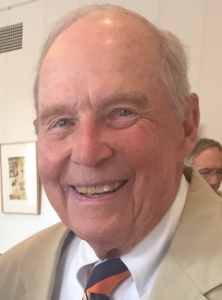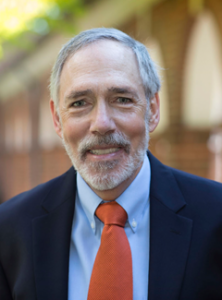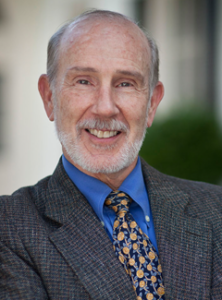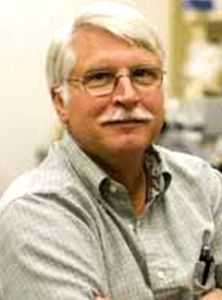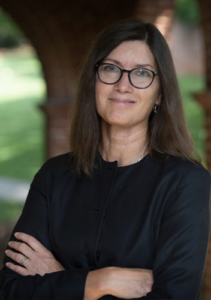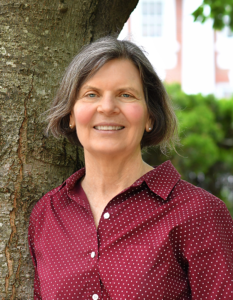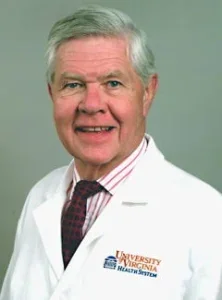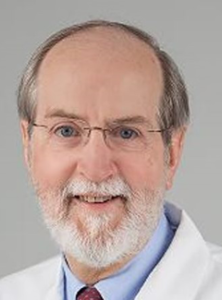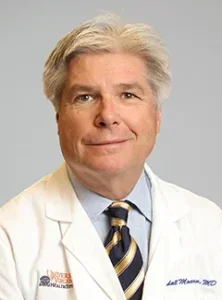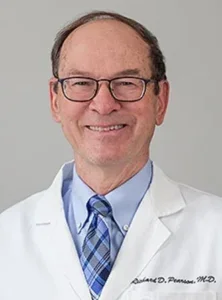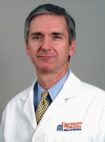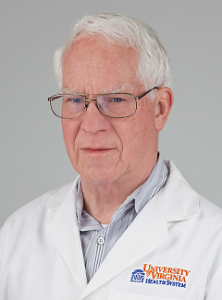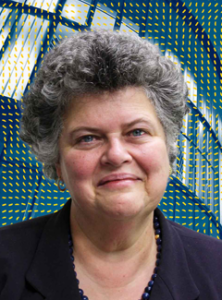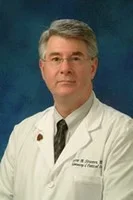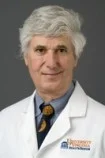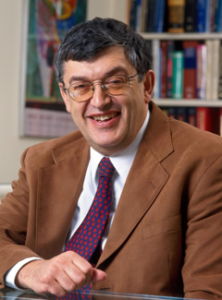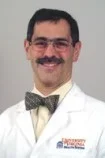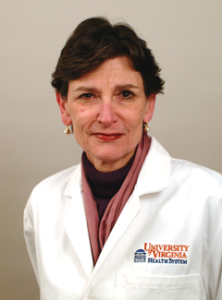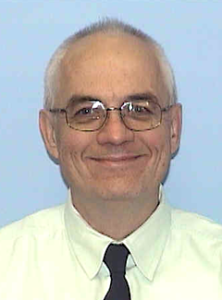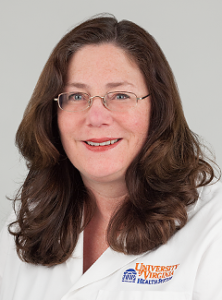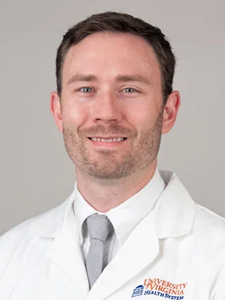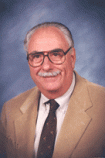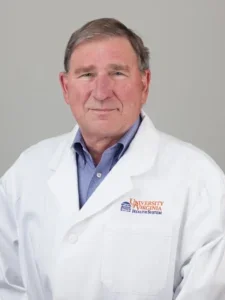Late Career, Retiring and Retired Faculty
The decisions and planning for faculty in late career and approaching retirement can be a mixture of both dread and excitement. This website is designed to support faculty as they consider retirement in a longer-term view, specifically addressing many of the issues needing to be discussed in the actual path to a retirement date. Planning after retirement is as important as deciding how and when to retire.
LATE CAREER
“Late career” for this website is defined in several ways.
First, it is about five years from the intended retirement date. This planning allows for a review of financial issues and addressing legacy and transition of activities.
Other definitions of late-career can be by age, faculty rank, and/or years of service. Each has challenges, but generally, they are over the age of 60-65, have a rank of professor, and have more than 30 years of service.
Longitudinal career planning is essential, and these later career decisions, reflections, and actions are best based on continuing this long-term planning. As with prior planning, meeting with mentors, advisors, financial professionals, HR representatives, and others is essential.
Personal and professional factors can influence the decision to retire or consider retiring.
Personal factors include:
- the health of the faculty member, spouse, partner, or family
- financial status (to stay or to leave)
- new personal or professional opportunities
Professional factors include:
- Change in leadership
- Loss of a position or opportunity
- Change in the strategic plan of the institution
The choice of when to define the five years before retirement is an estimate and can change in either direction. There are several reasons for the five-year timeframe.
First, this allows for a review of finances, retirement portfolios, and retirement income planning. Five years provides time to adjust (and as much as possible) and take full advantage of the tax-deferred income opportunities if this is relevant to the individual situation. Similarly, this allows for reflection on large financial requirements such as housing, payment for children’s education, or other significant commitments.
Second, this allows for reflection on current activities, goals, accomplishments, and timelines for completion.
- Grant and grant renewal or extension
- Teaching commitments (doctoral, post-doctoral, medical school, residency, etc.)
- Leadership commitments (internal or external)
This reflection is also beneficial in any decision about whether to take on, apply for, or be nominated for a position that has a multi-year commitment.
Third, this allows for reflection on the legacy. While this is part of the above, addressing legacy and how to leave is essential.
Fourth is succession planning. While five years seems like a long time, junior or mid-career faculty growth takes years. Similarly, if the goal is to recruit for a position, this generally takes years of financial and strategic planning.
RETIRING
For our purposes here, retiring is designated as a two-year timeframe. By this point, the faculty member has greater clarity about the decision process, goals, and transitions. Because there are several two-year phased retirement options, the two-year mark is an excellent time to learn about these options.
FULLY RETIRED
Introduction
CONNECTIONS
Connections post-retirement
Community at UVA post-retirement
UVA Retired Faculty
Information text here.
-
Brian H. Annex, MD
Professor of Medicine, Emeritus
-
Eugene Barrett, MD
Professor Emeritus
-
Robert W. Battle, MD
Professor of Medicine and Pediatrics, Emeritus
Congenital and Sports Medicine
-
George A. Beller, MD
Professor of Medicine, Emeritus
-
Robert Carey MD
Professor Emeritus
-
John M. Dent, MD, MS
Professor of Medicine, Emeritus
-
John P. DiMarco, MD, PhD
Professor of Medicine, Emeritus
-
Gerald Donowitz, MD
Professor Emeritus, Medicine
Infectious Diseases and International Health
-
Williams Evans, MD
Professor Emeritus
-
Robert S. Gibson, MD, MACP
Professor of Medicine, Emeritus
-
Richard Guerrant, MD
Professor Emeritus, Infectious Diseases and International Health
-
Jack Gwaltney
Professor Emeritus, Medicine
-
Frederick Hayden, MD
Professor Emeritus, Medicine
Infectious Diseases and International Health
-
Erik Hewlett, MD
Professor Emeritus, Medicine
Infectious Diseases and International Health
-
Paul Hoffman, PhD
Professor Emeritus, Medicine, Infectious Diseases and International Health
-
Susan Kirk, MD
Professor Emeritus
-
Barbara Mann, PhD
Associate Professor Emeritus, Infectious Diseases and International Health
Wyeth-Ayerst Professor
-
John C. Marshall, MD PhD
Professor Emeritus
-
Anthony McCall, MD PhD
Professor Emeritus
-
J. Randall Moorman, MD
Professor of Medicine Emeritus
General Cardiology
-
Richard Pearson, MD
Professor Emeritus, Medicine
Infectious Diseases and International Health
-
C. Edward Rose Jr., MD
Emeritus Professor of Medicine
Internal Medicine
Pulmonary Disease
Critical Care Medicine
-
Richard J. Santen, MD
Professor Emeritus
-
Margaret Shupnik, PhD
Professor Emeritus
-
Robert M. Strieter, MD
Emeritus Professor of Medicine
Internal Medicine
Pulmonary Disease
Critical Care Medicine
-
Paul M. Suratt, MD
Emeritus Professor of Medicine
Internal Medicine
Pulmonary Disease
-
Michael Thorner, MBBS
Professor Emeritus
-
Jonathon D. Truwit, MD
E. Cato Drash Emeritus Professor of Medicine
Internal Medicine
Pulmonary Disease
Critical Care Medicine
-
Mary L. Vance, MD
Professor of Medicine and Neurosurgery Emeritus
-
John H. Zadrozny, MD
Associate Professor of Medicine Emeritus
General Cardiology

